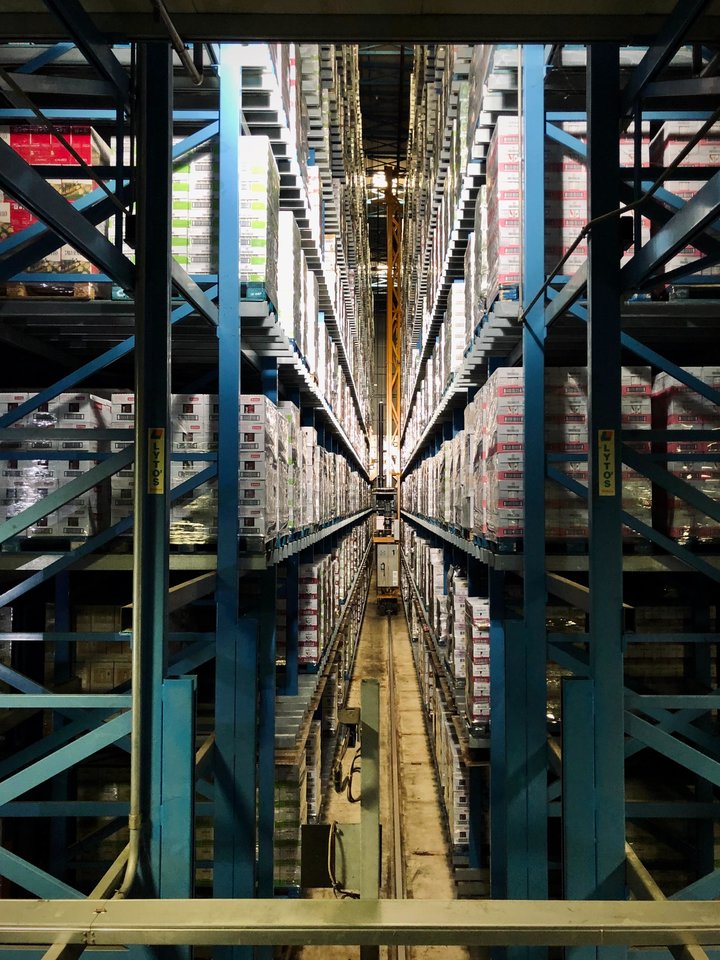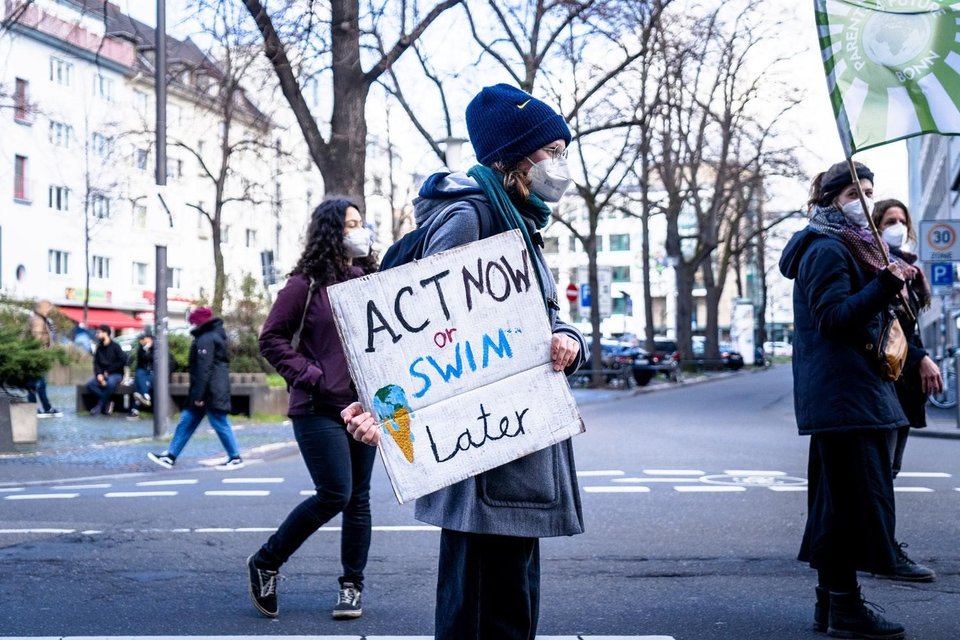TPM Resilience Lab
Our world is increasingly complex and uncertain, making us vulnerable to disruptions and cascading failures. The Covid-19 pandemic, climate change, environmental degradation and loss of biodiversity, socio-economic instability, increasing fragmentation and segregation require our societies to adapt and become more resilient. We push scientific boundaries by analysing and solving urgent challenges, such as making our cities climate-resilient, shaping resilient health care systems, organizing collective action initiatives, or improving disaster resilience.
A reference point for interdisciplinary research.
These complex problems are best addressed by a diverse team that leverages the unique potential of engineering & Artificial intelligence and blends them with the social sciences. Our lab brings together researchers from engineering, planning & decision-making, data analytics & AI, ethics, and behavioural sciences. We share a vision of a future where everyone is ready for the inevitable shocks and stresses that life produces.
Pushing scientific boundaries by acting at the intersection of science, policy, and practice.
Together, we work at this intersection to design and develop innovative methods and tools for improving resilience. For us, this means innovating by solving pressing real-world problems and engaging with policy, practice and communities from start to finish. We strive to empower them with innovative tools and knowledge to make a case for policy change and action. Every project aims to increase our understanding of resilience, and learn about our own understandings of resilience.
Providing innovative tools to help make complex decisions.
As part of the Technology, Policy, and Management Faculty of the TU Delft we pioneer new resilience-based methods and tools that make use of the unique opportunities of novel technologies and data so that we can adapt to changing situations, and organize our societies for the future. These ideas help to form the three thematic clusters around which our work is organized.

Resilience of Social-Technical Urban Systems - Understanding Complexity
In cities, technologies & infrastructure determine how and where people live and move around, or how they adapt to a changing climate and respond to shocks. A city is a complex socio-technical system. By building artificial cities and creating simulations built on real-world data, we can unravel and understand the complexity of our cities, and the many interactions between infrastructure and behaviour, allow us to better manage the complexity of cities making them more resilient.

Resilience in Decision-Making - Justice in Adaptation
Resilience requires change. But this change can create winners and losers. At the same time, we know that crises and disasters inevitably amplify societal inequality. We combine our ethics research with new methods for decision-making to integrate human adaptive behaviour, resilience principles and distributive justice into planning for climate resilience. In this way, we ensure that choices are fair for everyone and adaptive to changing circumstances, values, and norms.

Resilience of the New Urban Commons - Collective Action & Engagement
The future is shared, and technologies enable new ways for communities to self-organize. By empowering communities, fostering collective action and facilitating sharing of resources, we can improve resilience in our cities. We aim to understand the principles that make neighbourhood initiatives successful and to investigate how such initiatives can be scaled and supported. We use a unique combination of institutional economics, agent-based modelling, and design research to foster engagement and empowerment.



